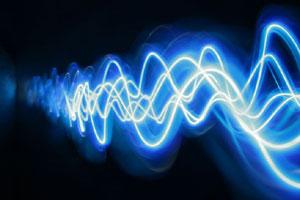
From NatureNews: "Spooky computers closer to reality: Solid-state quantum processing demonstrated."
The system processed two algorithms written specially for quantum systems.
The first is Grover's search algorithm, also known as the reverse phone book search, where someone's number is known but not the name. The processor essentially reads all the numbers in the phone book at once to find the single correct answer. "At the end the qubit will be in one state, not superposed, and that's the answer," says DiCarlo.
The second, more simple, algorithm, the Deutsch-Jozsa algorithm, tests whether the flip of a coin is fair or not.
DiCarlo's processor got the reverse phone book search right an impressive 80% of the time and the coin-flip algorithm right about 90% of the time.
[...]
But this technique could not read out the answer in a system with many more qubits, says quantum-computing expert Hans Mooij from the Delft University of Technology in the Netherlands. The development of the processor is good news Mooij adds. "This is a necessary step," he says. "If this can be done, the next thing can be done."
DiCarlo is cautious. "We've made a very simple quantum processor," he says. "It's by no means a quantum computer."
He is working to give the processor more qubits, and so more processing power. He thinks that scaling up to three or four quibits will be relatively straightforward, but beyond that the problem becomes a lot harder, and the coherence time needed will be very difficult to attain. Mooij agrees: "From three or four to ten they will need to make a big step again."
No comments:
Post a Comment